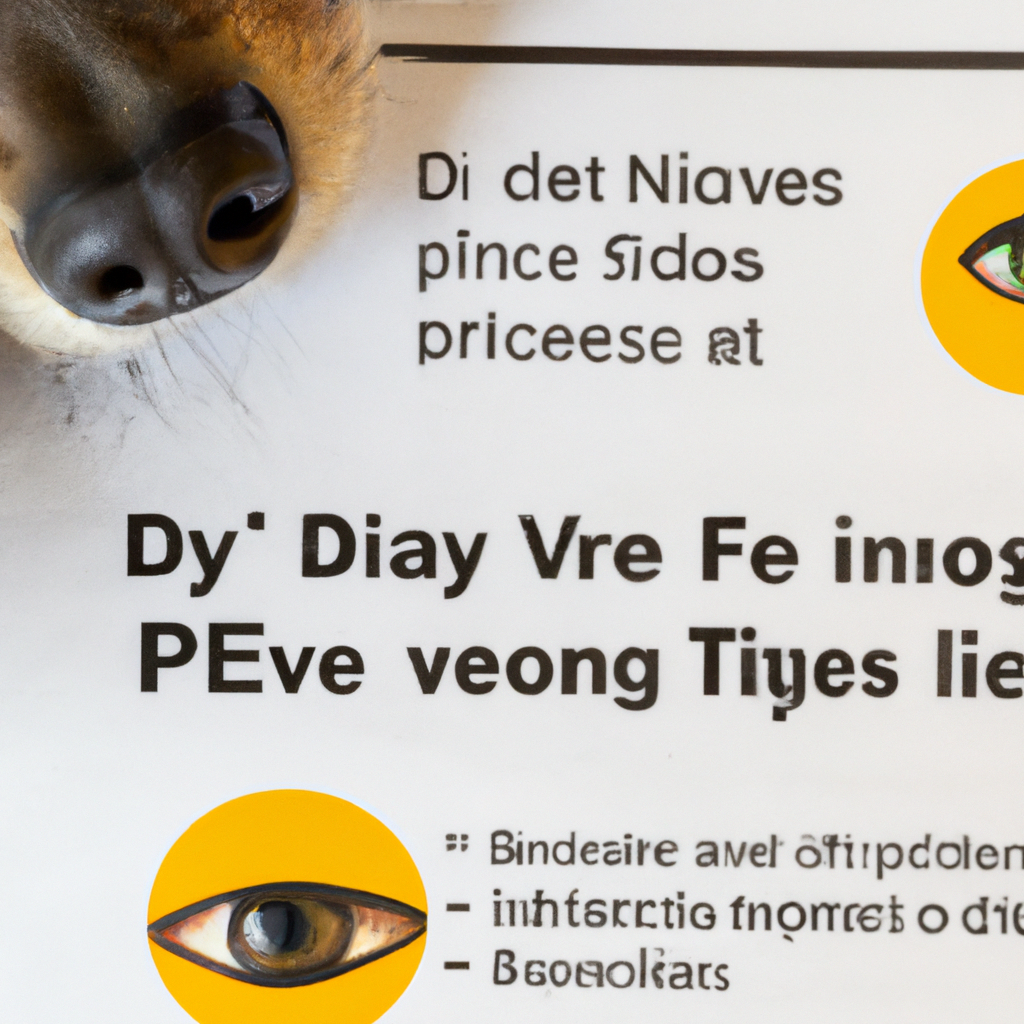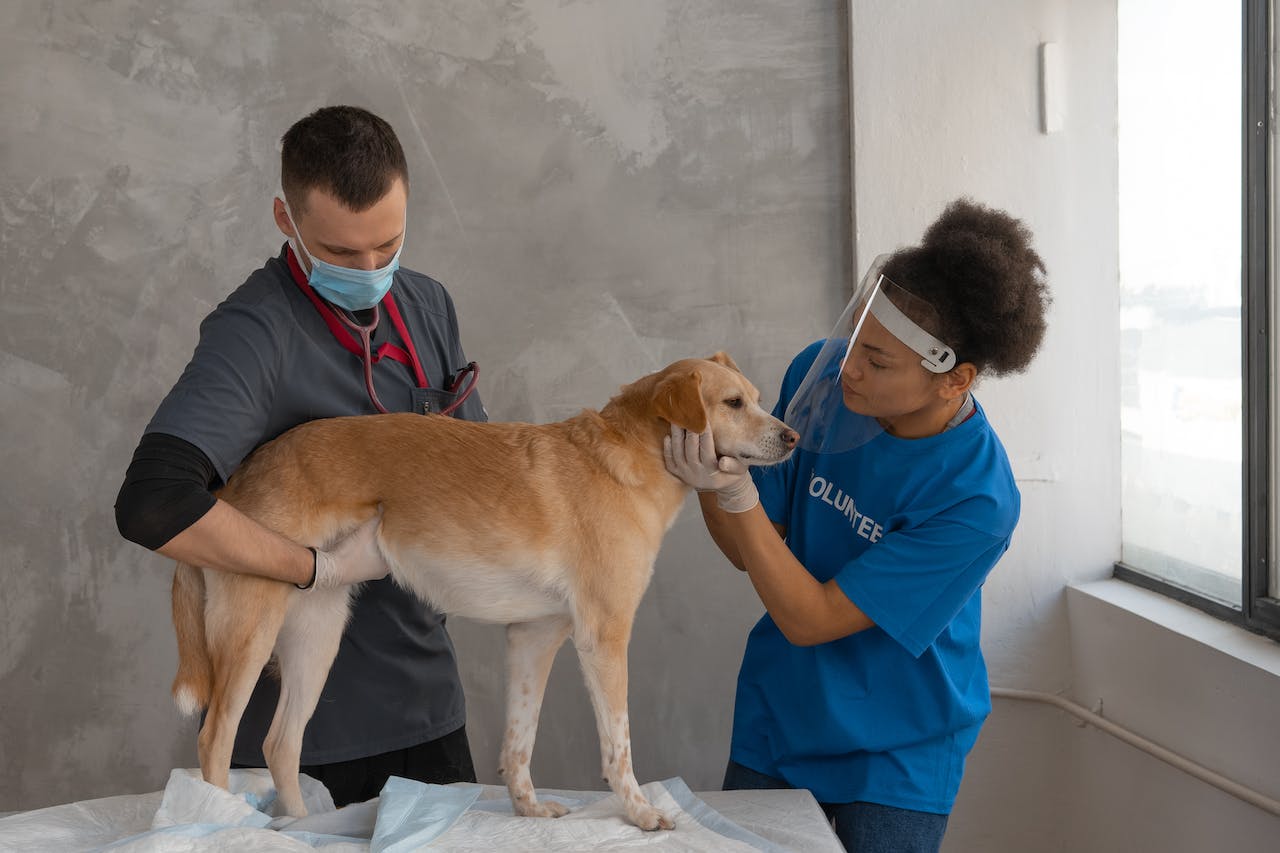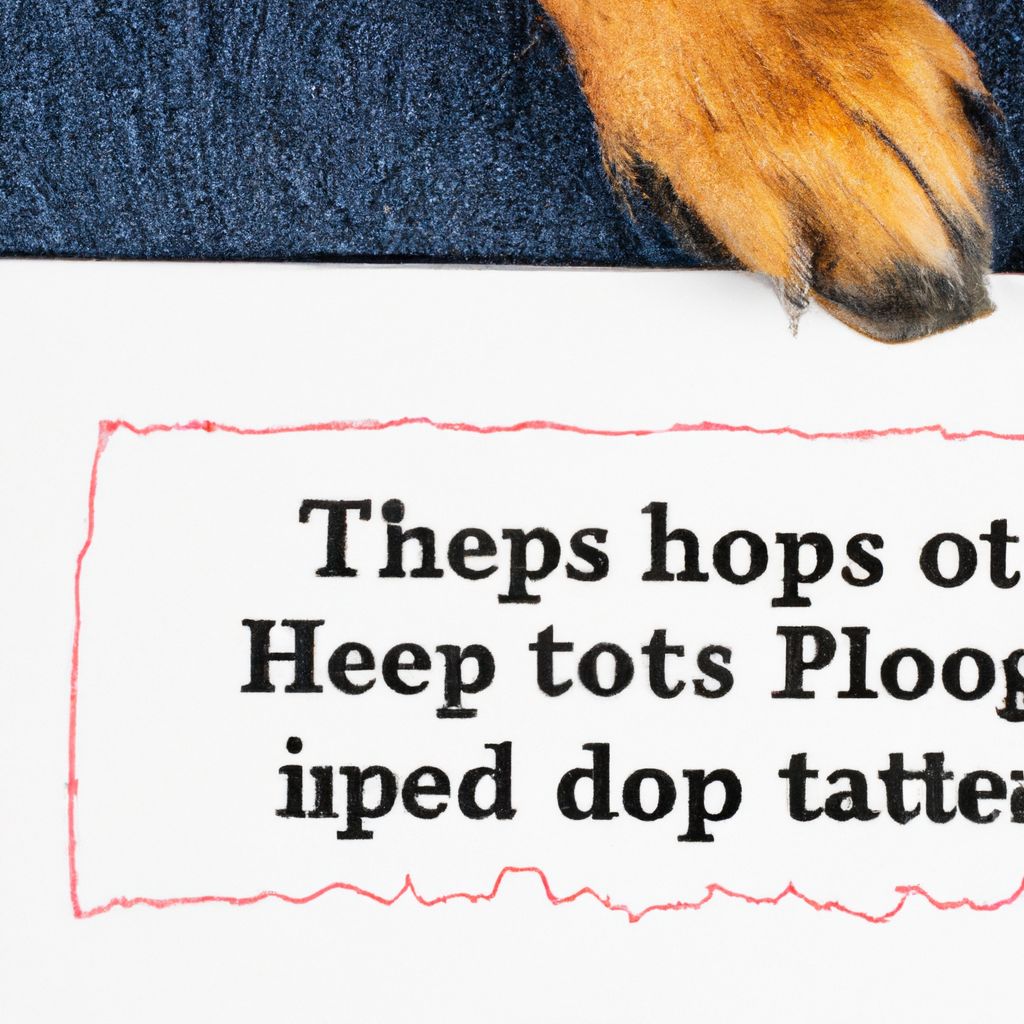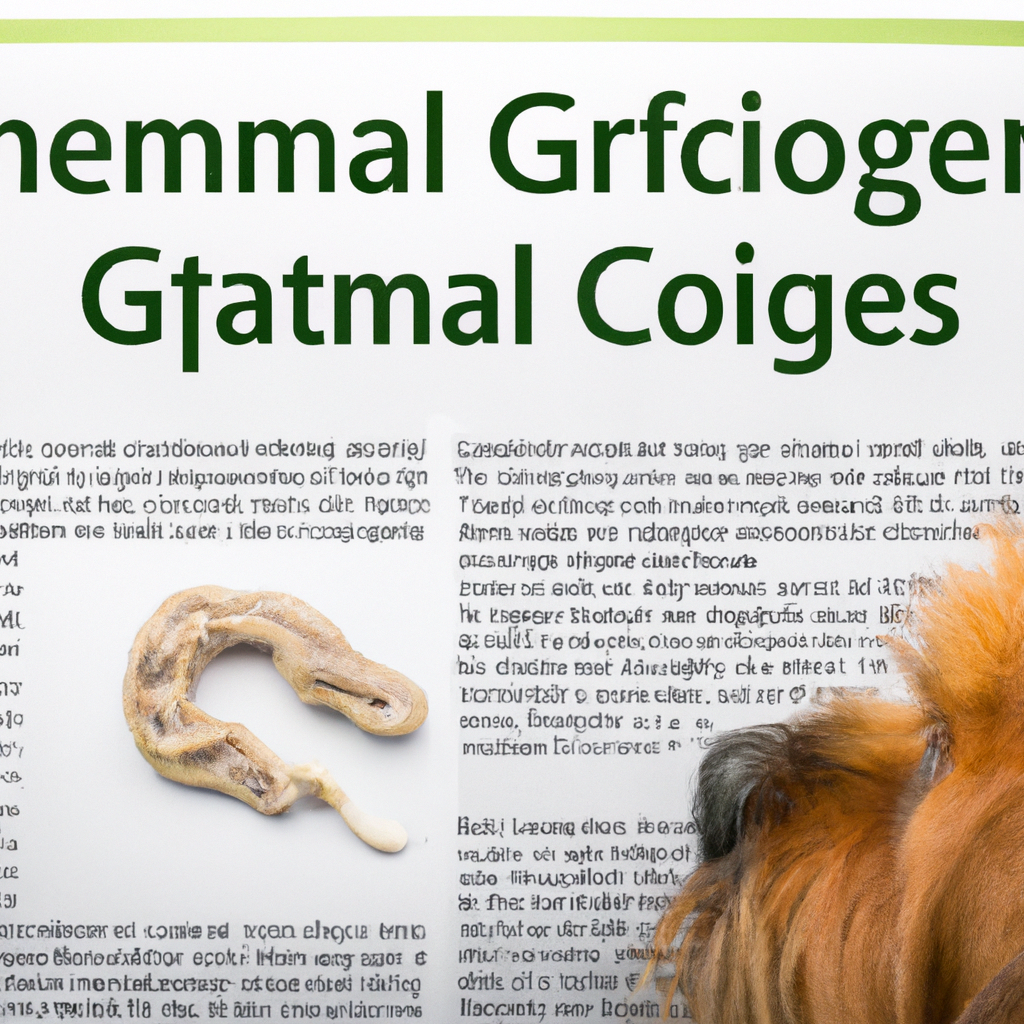Tips for Preventing and Treating Eye Infections in Dogs
Tips for Preventing and Treating Eye Infections in Dogs As a responsible dog owner, it is essential to take

Tips for Preventing and Treating Eye Infections in Dogs
As a responsible dog owner, it is essential to take care of your pet’s overall health, including their eyes. Eye infections in dogs can be uncomfortable and, if left untreated, may lead to more severe complications. Here are some effective tips to prevent and treat eye infections in dogs:
Regular Cleaning and Grooming
Maintaining proper hygiene is crucial for preventing eye infections in dogs. Regularly clean your dog’s face, paying special attention to the area around their eyes. Gently wipe away any dirt, dust, or discharge with a clean, damp cloth. You can also use specially formulated canine eye wipes or approved eye-cleaning solutions from your veterinarian.
Prevent Exposure to Irritants
Avoid exposing your dog to environments or substances that may irritate their eyes. This includes smoke, dust, pollen, and chemicals. When taking your dog for a walk, try to avoid areas with excessive pollution or allergens. Additionally, keep them away from cleaning products or any chemicals that could potentially harm their eyes.
Trim Facial Hair
Long, overgrown facial hair can easily poke and irritate a dog’s eyes, leading to infections. Regularly trim the hair around your dog’s face, particularly around the eyes. Be cautious while using sharp scissors near their eyes, or consider consulting a professional groomer.
Prevent Trauma
Dogs can be playful and, at times, rough with their surroundings. Rough play or accidents can result in eye injuries, increasing the risk of infections. Keep an eye on your dog during activities and ensure they do not get injured. If your dog does get injured, promptly clean the wound and seek veterinary care, if necessary.
Regular Veterinary Check-ups
Schedule regular check-ups with your veterinarian to keep your dog’s eyes in optimal condition. Routine examinations can detect any potential eye problems early on and allow for prompt treatment, preventing further complications.
Quick Intervention
If you notice any signs of an eye infection in your dog, such as redness, swelling, discharge, squinting, or excessive blinking, seek veterinary attention immediately. Prompt intervention can prevent the infection from worsening and alleviate your dog’s discomfort.
Follow Treatment Guidelines
If your dog is diagnosed with an eye infection, it is essential to follow the veterinarian’s treatment guidelines diligently. Administer any prescribed eye drops, ointments, or medications as directed. Completing the full course of treatment is vital to ensure the infection is fully eradicated.
By following these tips, you can significantly reduce the risk of eye infections in your beloved canine companion. Remember, prevention is key, and addressing any eye issues promptly is essential to keep your furry friend happy and healthy.






